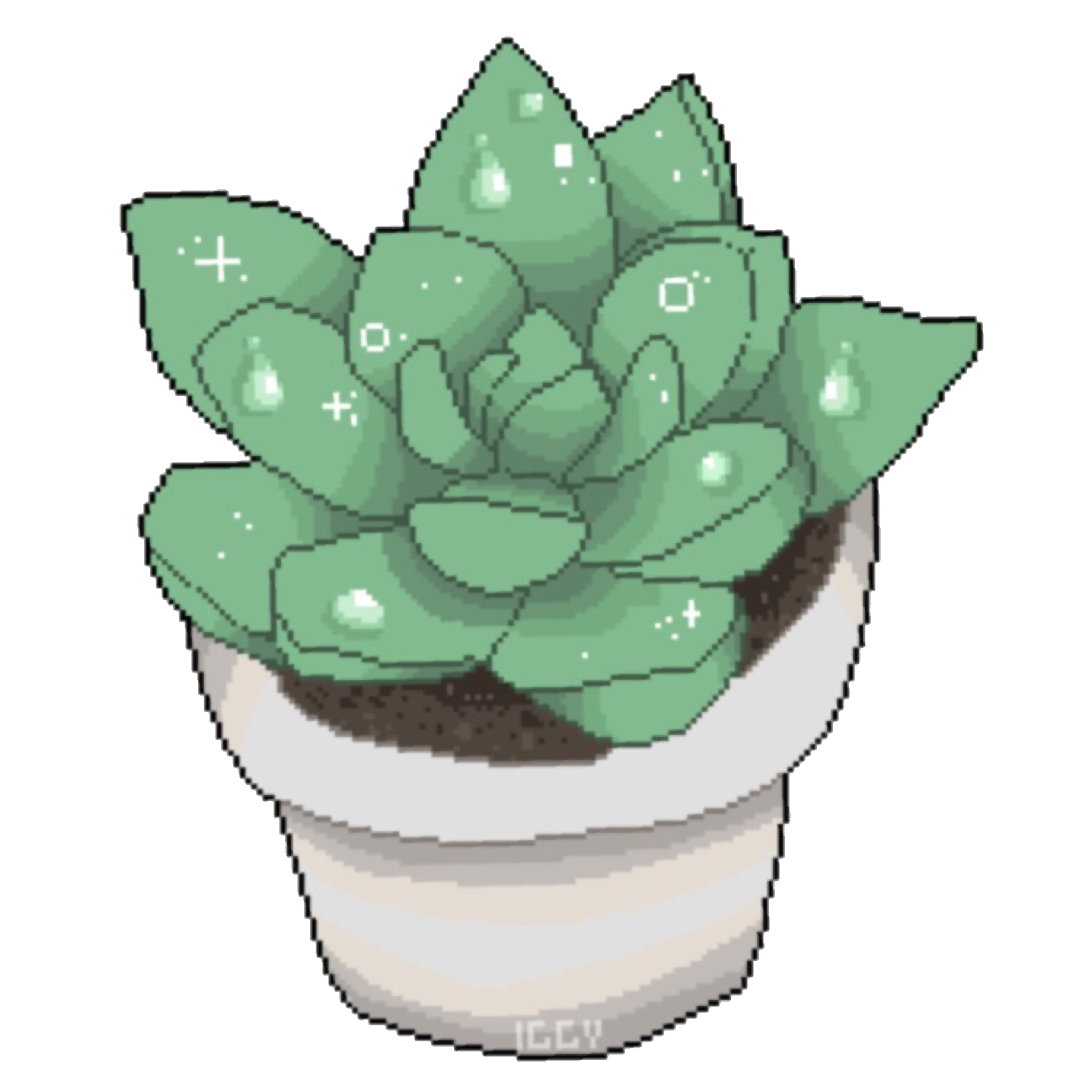- cross-posted to:
- orchids@lemmy.ml
- greenspace@beehaw.org
- cross-posted to:
- orchids@lemmy.ml
- greenspace@beehaw.org
cross-posted from: https://lemm.ee/post/518987
I’ve been getting into orchids lately and reading a lot about them. I have a few, but thought it would be fun to get some more to learn about how to care for them best.
I posted on my local buy nothing group (a neighborhood facebook group where people give away stuff they don’t want anymore). I asked if anyone would give me an old orchid that wasn’t flowering and said I’d return it if I could get it to bloom again. Well, I had to cut the post off after 18 hours because so many people responded!
The picture shows the first 7 plants I received, but not the 4 I already owned or the 3 more I picked up the next day! I assigned each one a number so I can keep track of whose is whose.
Most were in pretty good shape, just dusty and a few dehydrated. I looked them all over and gave them a wipe down and a watering if they needed it and assessed their needs. One needed to be repotted right away, I think it had been kept too wet and it had a lot of rotten roots. I’ll repot a few of the others in the next few days. Otherwise they’re off and growing around my house! I’m excited to see how it turns out.



I’d love to see you update this as you go. I inherited an orchid at work and I’m struggling with helping it bloom. I’d love to see what works for you :)
This book is the one I’ve liked most. It’s more detailed than most of the books I’ve read, which I want! But there are lots of good books out there. What I’ve learned is that flowering is a complex process governed by many different factors and differs between species (of which there are tens of thousands for orchids!).
First it needs to be healthy, so getting appropriate levels of light, water, humidity, and temperature. Then it may need some kind of environmental trigger, this could be daylength/seasonality, change of temperature, or even change in atmospheric pressure from a storm! But then the total opposite too: if a plant is dying it may flower as a last ditch effort at reproducing itself. So basically it’s pretty impossible to make it flower on purpose unless you know the specific needs of your plant, just keep it healthy and hope for the best :)
Generally Phaelenopsis orchids (the most commonly available for sale and iconic type) want to be heavily watered (even soaking the pot for 15-30 minutes) and then allowed to dry almost completely over a week or two, more or less depending on the temperature and humidity. Keeping the soil/bark constantly moist causes the roots to rot, so you want it to dry (but not so much that the leaves get floppy/wrinkly). They like bright but indirect light, which is tricky – not direct sunlight but in a bright location all day. Warm temps, with night time minimums above 60. Higher humidity (mist them with a sprayer sometimes if you can). At least that’s what I have taken away from the reading I’ve done!
Wow! Thank you so much for the tips and book suggestion! I was just reading earlier about trying the idea to keep it in a spot with fluctuating temperatures, but I’m embarrassed to say that judging by what you said, I’m likely drowning the poor thing! I think mine needs new soil, so I’ll do that soon and check for root rot while I’m at it, then try better to let the soil dry between waterings. I’ll take a look at the book you suggested too. I got this orchid because the person who had it before passed away, so I want to do my best to keep it healthy!
I think overwatering is very common with orchids! They’re different than most plants because they grow attached to trees, not in soil. So their roots are designed to be exposed to the air or just barely covered. They get water from rain that runs over them and then dries off as well as out of the humidity in the air. The houseplants we’re used to growing grow in the soil where the roots are used to being moist. So that makes orchids a little different!
Here is a great video about watering orchids, it gives more details than I did and it’s really helpful because it shows how the roots should look when they need watering. I’ve seen her other videos highly recommended too!